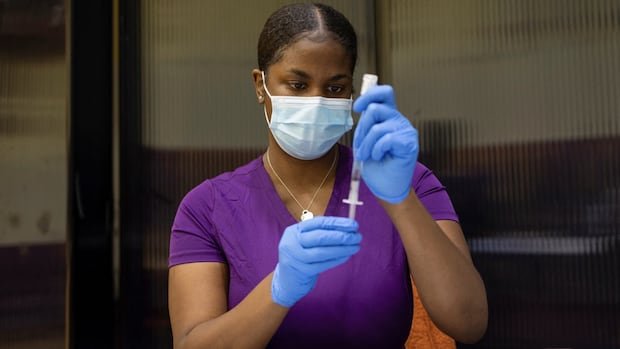The Trump administration has announced the redirection of $500 million from U.S. government-funded research projects to support the development of new mRNA vaccines. U.S. Health Secretary Robert F. Kennedy Jr. revealed the decision to wind down funding for mRNA vaccine development under the Biomedical Advanced Research and Development Authority (BARDA). The mRNA technology, which played a crucial role during the COVID-19 pandemic, received recognition with the 2023 Nobel Prize in Physiology or Medicine. This technology has been credited with saving lives, preventing severe COVID-19 cases, reducing disease burden, and facilitating global reopening efforts.
The funding cut for mRNA research has raised concerns among infectious disease experts. They emphasize the importance of mRNA technology in enabling rapid vaccine production, especially in the event of a new pandemic. Experts in Canada and the U.S. are expressing disappointment over the potential implications of reduced funding for mRNA vaccine development.
Messenger RNA (mRNA) vaccines have garnered excitement due to their quick deployment capabilities. Unlike traditional vaccines, mRNA vaccines utilize genetic code snippets to instruct the body’s cells to produce proteins, triggering an immune response effectively. Experts highlight the speed and adaptability of mRNA vaccines as key advantages in combating infectious diseases.
Research on mRNA vaccine technology extends beyond COVID-19, with ongoing projects targeting various diseases such as respiratory syncytial virus, influenza, and different types of cancers. The potential applications of mRNA vaccines in treating HIV, autoimmune diseases, and other conditions are also being explored through clinical trials and studies.
While other countries are also advancing mRNA vaccine research, the U.S. remains a significant market for vaccine development. Concerns have been raised about the impact of funding cuts on future research initiatives, including the development of next-generation cancer vaccines using mRNA technology. Despite claims suggesting safety issues with mRNA vaccines, experts emphasize the proven effectiveness of this technology, particularly in addressing public health challenges like the COVID-19 pandemic.

